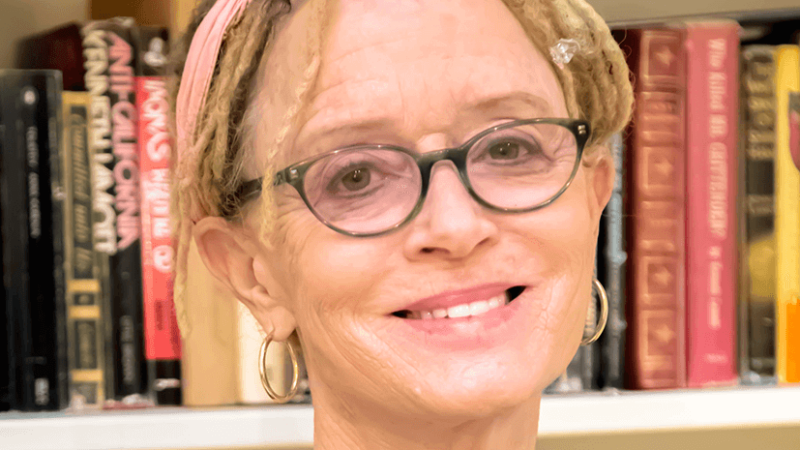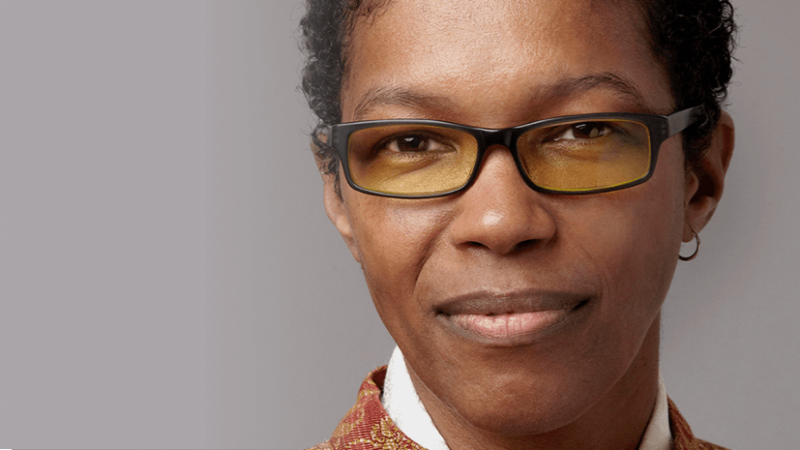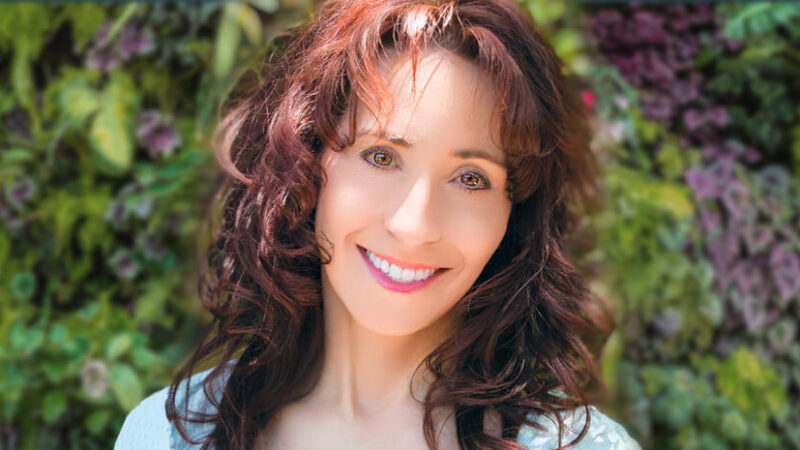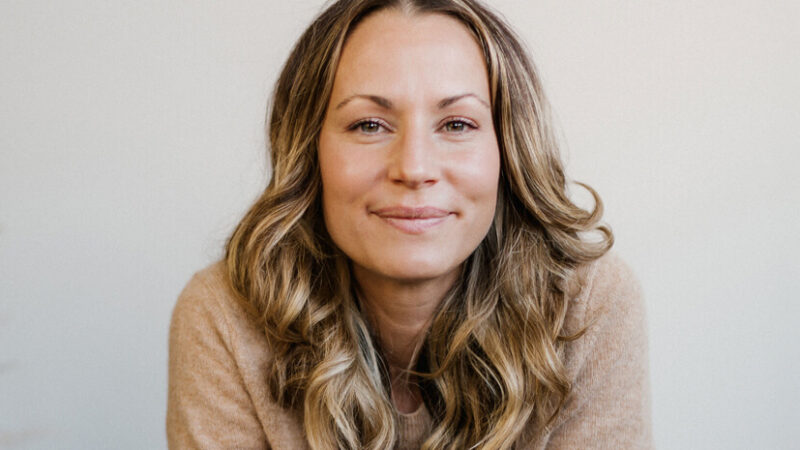
The concept of yin and yang is a perfect metaphor for the energies of self-compassion. Most people are familiar with the circle of yin and yang, black and white halves and a dot of each in between. The yin is the dark energy; it’s supposed to be more feminine, more of a passive energy, more the “being with.” And the white—or yang—is supposedly the more active energy, the masculine energy, doing things that make a change. But really these energies are not male or female, these energies are in every single person and actually all life forms.
A lot of these ideas come from Chris Germer—my close colleague, who developed the Mindful Self-Compassion program with me—and the things we have been talking about for a long time. And to give him credit, Chris actually came up with the idea that the main domains of yang self-compassion are protecting ourselves, providing ourselves with what we need, and motivating ourselves. What I have been doing with this model is developing each of these ideas in more detail.
Readers may know there are three basic components of self-compassion:
- Kindness—being kind to ourselves
- Common Humanity—remembering this is part of life
- Mindfulness—being mindful of our struggle or pain
And so these three components of kindness, common humanity, and mindfulness take a different form, they feel different, and they have a different flavor depending on what form the self-compassion is taking.
For instance, when self-compassion is aimed at protecting ourselves, it feels like fierce, empowered clarity. The kindness is fierce: that’s the Momma Bear, “No! That is not OK. You will go no further.” Common humanity, that’s that “me too” feeling. We stand together with our brothers and sisters in strength, we are empowered by our connection with others. And then the mindfulness is that real sense of clarity, that “This is not OK.” So it’s a difference between loving, connected presence, and fierce, empowered clarity.
It feels different when you are providing for yourself, when you’re giving yourself what you truly, authentically need. In this case, the kindness feels very fulfilling and satisfying. When we give ourselves what we need, we feel fulfilled. With common humanity, we recognize that it’s a balanced way; in other words, we don’t just give to ourselves, and we don’t subordinate our needs to those of others, but we’re balanced. Common humanity allows us to balance our needs with others. And then mindfulness gives us a real sense of authenticity: “What do I need? Do I even know what I need?” When self-compassion is in full bloom while we are providing for our needs, it manifests as fulfilling, balanced authenticity. Again, it feels very different.
And last, if we’re motivating ourselves, kindness in motivation comes out as encouragement. It’s not kindness when someone needs to be motivated and they’re stuck, to just say, “Oh well, that’s fine.” Or to ourselves, if we aren’t feeling happy, to say, “Oh, that’s fine.” Kindness means we don’t criticize ourselves; we don’t call ourselves names, but we say “You can do it! I believe in you!” Kindness is a very encouraging quality. Common humanity kind of sees how things are related to each other. It actually comes from the bigger view of interdependence—the causes and conditions that come together to create our suffering. So, when we motivate ourselves, common humanity actually manifests as wisdom. We can see where we’re stuck, why we’re stuck, what mistakes we made—we kind of understand the bigger picture of what’s happening. And then, mindfulness, in this case, is vision. It gives us the vision to see what we need to change in order to help ourselves. So in this case, kindness, common humanity, and mindfulness feels like encouraging, wise vision.
Let me give an example of this last domain. If you care about yourself and you don’t want to suffer, you’re going to want to make needed changes. You’re going to want to reach your goals. You’re going to want to be your best self. I mean, just like a parent wants that for their child, we want that for ourselves. Also we shouldn’t beat ourselves up for beating ourselves up. Because, again, if we remember that the reason we do it, the reason maybe if you’ve ever been hard on yourself, is because you want to be safe and you want to be happy. And there’s a part of you that thinks maybe this will help. If you’re really harsh on yourself, maybe you’ll pay attention and remember and do something different. It’s natural, but it’s just not very effective, right?
So if you think about it, what voice is more effective? A voice telling you how bad you are, who’s belittling you, who’s really mean? Or a voice that’s encouraging, supportive, “You can do it”? We’re going to listen more to that encouraging and supportive voice. We’re also going to be able to take in what that voice is saying more readily than a voice who’s just shutting us down.
There’s a wisdom element, too. Self-compassion taps into constructive criticism.
What mistakes did I make?
How can I do it better next time?
That’s a caring, understanding, compassionate approach. What self-criticism tends to do, is it just gives us not very wise information. Just like, “You’re bad. You did it wrong. Do it better next time.” It doesn’t say what to do differently or how to do it differently. Or it doesn’t see the bigger picture of all the causes and conditions that led to this outcome. That’s actually pretty lousy information. Kindness, on the other hand, yields a kind of wisdom. “Oh, I see. I did this. Maybe I can try this different next time and that would lead to a better effect.” It’s actually much more informational to give wise encouragement as opposed to the belittling name-calling.
Then also, the thing about having the vision. What we know—actually you probably know this from positive psychology, is that negative emotions tend to narrow our focus. It limits what we can see. We only see what we did wrong and how we’re wrong. We can’t actually see possibilities because the negative emotion actually has the function, evolutionarily actually, of narrowing our vision. Positive emotions—kindness, safety, warmth—they have the effect of broadening our perspective so that we can have a larger vision so that we can see the possibilities so that we might get an idea of, “Oh, I can try this. This may really work better for me.” The research we’ve done really backs up that this kind of encouraging, wise voice of compassionate motivation is actually much more effective and more sustainable in motivating ourselves to change.
This is an excerpt from the Insights at the Edge podcast episode with Kristin Neff, author of The Yin and Yang of Self-Compassion: Cultivating Kindness and Strength in the Face of Difficulty.

 Kristin Neff, PhD, is an associate professor at the University of Texas at Austin and a practitioner in the Insight Meditation tradition. She is the author of Self-Compassion: The Proven Power of Being Kind to Yourself. A true pioneer in the field, over 15 years ago she first identified self-compassion as a measurable trait, and now there are over 2000 published studies on its benefits. Kristin is a cofounder of the Center for Mindful Self-Compassion, and gives talks and teaches workshops on self-compassion worldwide. In addition to her research, she has developed an eight‑week program to teach self‑compassion skills called Mindful Self-Compassion. The program, co‑created with her colleague Chris Germer, has been taken by tens of thousands of people worldwide. Kristin and Chris recently co-authored The Mindful Self-Compassion Workbook, an immediate bestseller. Learn more at self-compassion.org.
Kristin Neff, PhD, is an associate professor at the University of Texas at Austin and a practitioner in the Insight Meditation tradition. She is the author of Self-Compassion: The Proven Power of Being Kind to Yourself. A true pioneer in the field, over 15 years ago she first identified self-compassion as a measurable trait, and now there are over 2000 published studies on its benefits. Kristin is a cofounder of the Center for Mindful Self-Compassion, and gives talks and teaches workshops on self-compassion worldwide. In addition to her research, she has developed an eight‑week program to teach self‑compassion skills called Mindful Self-Compassion. The program, co‑created with her colleague Chris Germer, has been taken by tens of thousands of people worldwide. Kristin and Chris recently co-authored The Mindful Self-Compassion Workbook, an immediate bestseller. Learn more at self-compassion.org.
Listen to The Yin and Yang of Self-Compassion today!






 Kristin Neff, PhD
Kristin Neff, PhD


